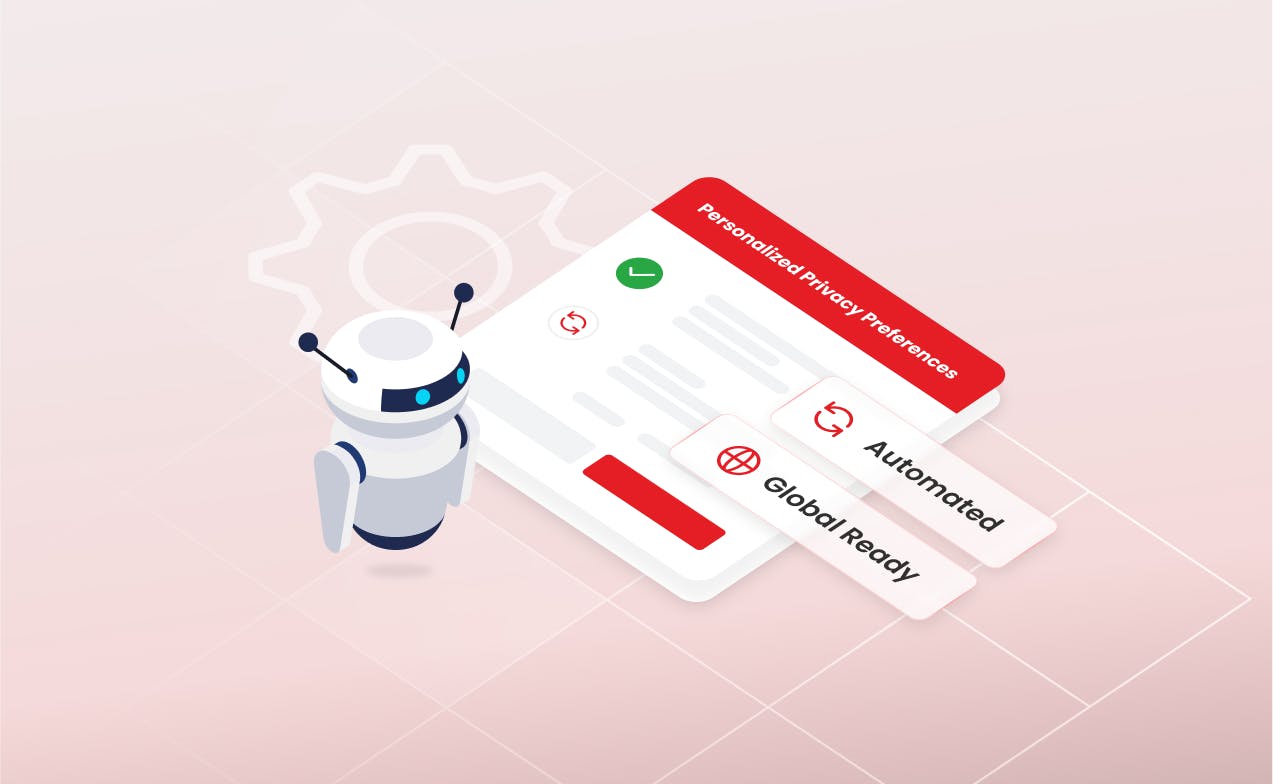
AI-powered cookie consent management is transforming compliance by automating detection, categorization, and banner personalization while adapting to global regulations. It enhances efficiency and user experience but raises transparency, bias, and trust concerns. Future success requires ethical oversight, accountability, and regulatory alignment, ensuring AI enables trustworthy, adaptable, and user-centric consent solutions.
Proliferating data privacy regulations and evolving digital user expectations have made managing cookie consent a complex compliance challenge. Can artificial intelligence (AI) take on the brunt of this complexity? Let’s unpack how AI is already making waves in consent management—and why its role will only grow more vital.
A deep dive by Security Boulevard highlights how AI is already enhancing cookie consent management by automating several critical tasks — streamlining what was once a manual and error prone process. AI tools can automatically scan websites to detect cookie usage, categorize cookies by purpose, block nonessential scripts pending consent, and dynamically tailor consent banners (from design, position, and copy to color schemes) based on user behavior and geography.
These systems also adapt in real time to changes, tweaking interfaces to optimize engagement while facilitating compliance across jurisdictions. This is for the most part what consent management platforms already do – automate what was once manual.
This intelligent automation is more than a convenience; it’s a necessity in an environment where regulations like GDPR demand explicit, informed, and freely given consent. Static solutions won’t be able to keep pace with evolving legal standards and user expectations.
Beyond the tech capabilities, AI cookie consent systems deliver tangible benefits:
Global regulatory agility: With jurisdictions like the EU and India tightening and expanding enforcement (e.g., India’s Digital Personal Data Protection Act in effect from July 2025), AI helps maintain compliance across borders.
Operational efficiency: Automating scanning, categorization, and banner management reduces manual workload and minimizes risk of human error.
Enhanced user experience: Personalized banners can reduce friction and consent fatigue, especially important as regulatory variations across U.S. states (requiring opt-in vs. optout) create user confusion.
Marketers have responded to Google’s recent decision to retain third-party cookies by doubling down on first-party data strategies, where transparent and trustworthy consent mechanisms are paramount—and AI can be a big part of that transition.
The adoption of AI in consent management raises new challenges:
Transparency concerns: AI decision making is often not transparent to users; decisions can often be opaque. Users may not understand why certain cookie options are presented or preselected, raising ethical and legal red flags.
Bias and manipulation risks: Training data biases can unintentionally lead consent tools toward nudging certain user groups into consent, undermining the requirement for voluntary consent.
Fragmented regulation and trust erosion: Inconsistent regulatory landscapes—such as a range of different privacy laws within US states—strain businesses and erode user trust if AI systems create problems.
Technical loopholes: Recent research shows even when users reject cookies, websites may still deploy “intractable” cookies—technical workarounds that persist across domains, undermining consent in practice.
Violation prevalence: Another study found many cookie banners still fail to honor user choices, with violations often arising due to misconfigured CMPs tailored to ambiguous interpretations of regional laws.
These issues emphasize that AI must be accompanied by transparency, explainability, ethical safeguards, and robust audit mechanisms.
The future of AI-enabled consent management lies at the crossroads of capability and accountability. On one hand, regulatory pressures are mounting with the EU AI Act coming into force, which mandates transparency and risk assessments for high-risk AI, including consent systems; the introduction of global frameworks like ISO/IEC 42001 for AI management; and human-in-the-loop systems and explainable AI are also becoming common.
On the other hand, AI-driven consent systems themselves are evolving to anticipate real-time regulatory adaptation and auto updates logic to stay compliant, and blockchain-backed consent records are becoming common for immutable audit trails while decentralized consent frameworks are giving power to users to manage permissions across the entire web. We will see how these things evolve.
Businesses must adopt AI consent solutions thoughtfully—prioritizing transparency, embedding human oversight, performing regular audits, and aligning their tools with the evolving legal landscape.
AI-powered cookie consent management is not just plausible – it is here with a variety of advantages – including automation, adaptability, personalization, and compliance.
Yet success isn’t guaranteed by simply deploying AI. Ethical execution, transparency, real-time governance, and strict adherence to regulatory frameworks will truly differentiate trustworthy AI-powered consent systems from opaque, counter-productive ones.
AI isn’t replacing consent – it’s redefining it.